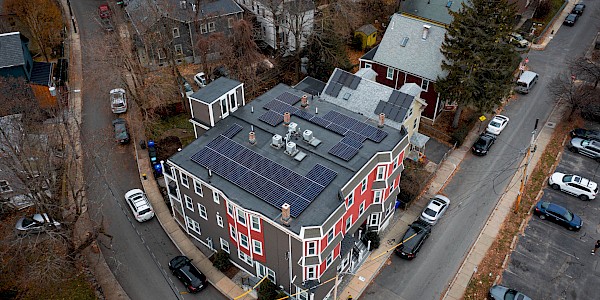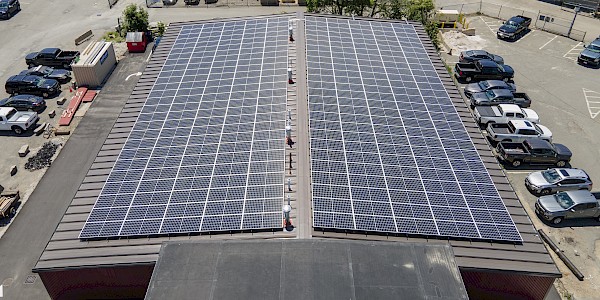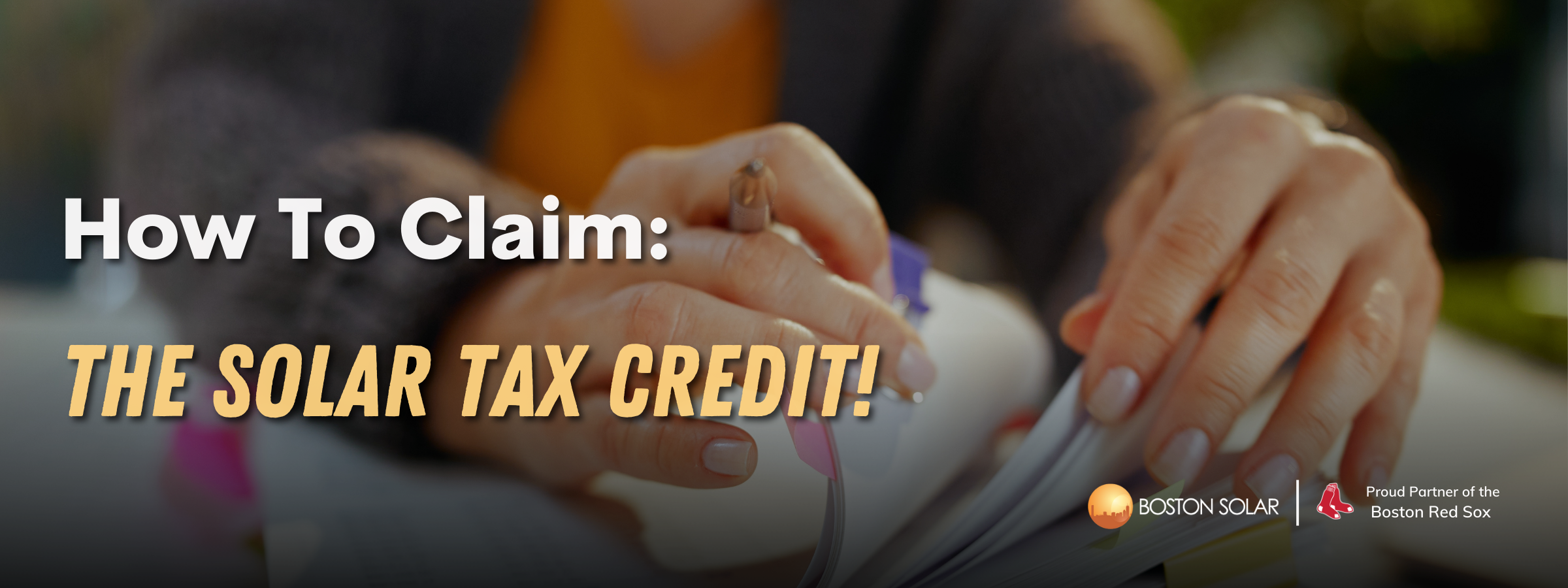-
Residential Solar
- Residential Solar
- Residential Solar FAQ
- Residential Solar Incentives
- Residential Solar Panels & Products
- Residential Solar Financing & Payment Options
- Communities We Serve
- Request Your Free Consultation
Residential Solar Resources & PostsResidential Solar Projects -
Commercial Solar
- Commercial Solar
- Commercial Solar FAQ
- Commercial Solar Incentives
- Commercial Solar Panels & Products
- Commercial Solar Energy Financing
- Towns We Serve
- Request Your Free Consultation
Commercial Solar Resources & PostsCommercial Solar Projects - Resources & Support
-
About
- Contact




